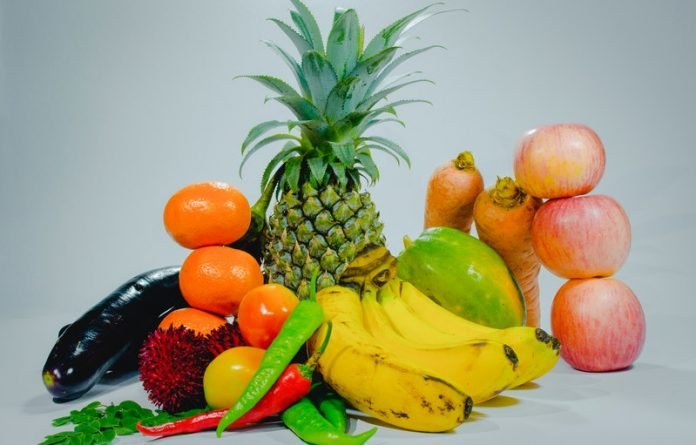
Women tend to live longer than men but typically have higher rates of illness.
Scientists from the University of Georgia found these higher rates of illness can be improved by a better diet, one that is high in pigmented carotenoids such as yams, kale, spinach, watermelon, bell peppers, tomatoes, oranges, and carrots.
These bright-colored fruits and vegetables are particularly important in preventing visual and cognitive loss.
The research is published in Nutritional Neuroscience and was conducted by Billy R. Hammond et al.
In the study, the team reviewed and analyzed data from previous studies, and detailed several health conditions, from autoimmune diseases to dementia, that even controlling for lifespan differences, women experience at much higher rates than men.
One of the reasons for this vulnerability has to do with the way women store vitamins and minerals in their bodies. Women have, on average, more body fat than men.
Body fat serves as a significant sink for many dietary vitamins and minerals, which creates a useful reservoir for women during pregnancy.
This availability, however, means less is available for the retina and the brain, putting women at more risk for degenerative problems.
Dietary intake of pigmented carotenoids acts as antioxidants for humans.
Two specific carotenoids, lutein, and zeaxanthin, are found in specific tissues of the eye and brain and have been shown to directly improve central nervous system health.
Carotenoids are also available via supplements, and the National Institutes of Health has focused resources on specific carotenoids through the National Eye Institute program.
And though supplements of lutein and zeaxanthin are a way of increasing intake, the team said getting them through food is a much better strategy.
If you care about nutrition, please read studies about the best diet for fatty liver disease treatment, and how to reverse heart failure with diet.
For more information about nutrition, please see recent studies about foods that could cause inflammation, and results showing why pomegranate is super fruit for people with diabetes.
Copyright © 2022 Knowridge Science Report. All rights reserved.



